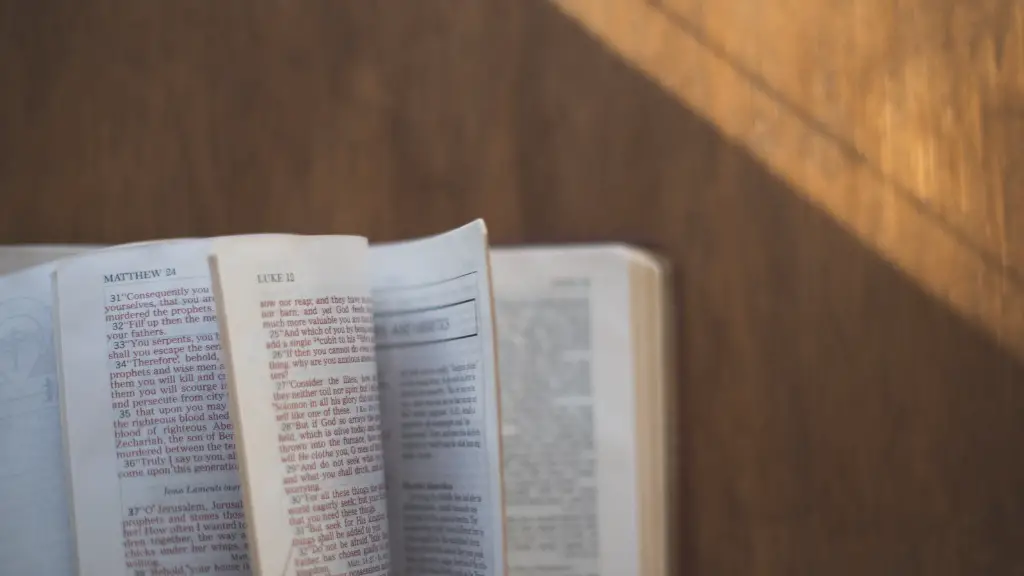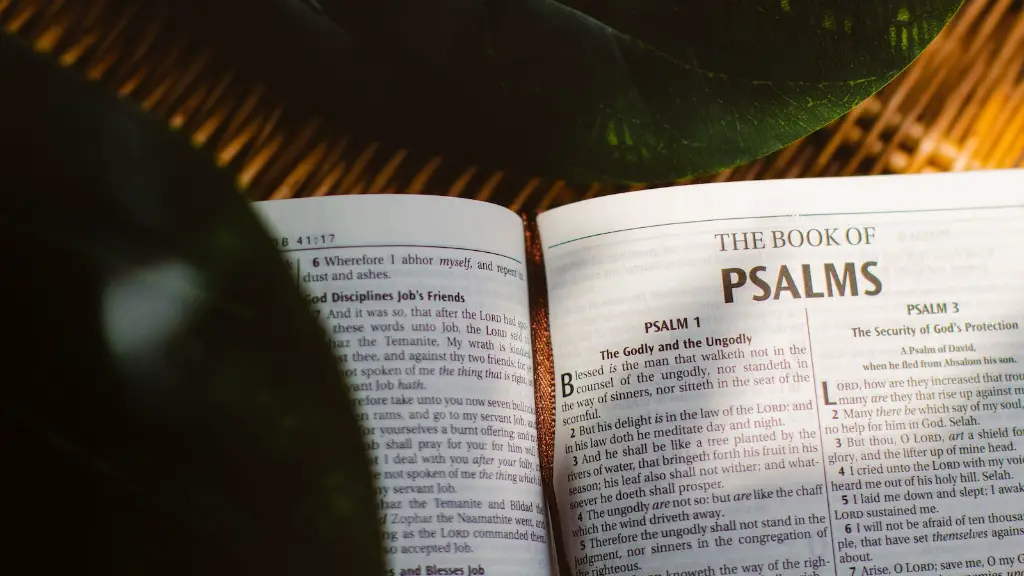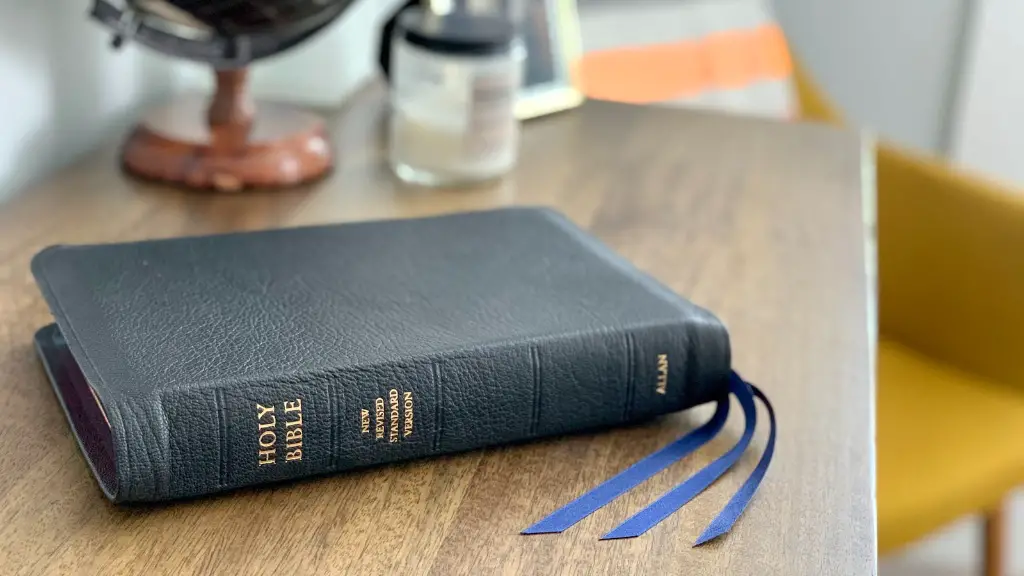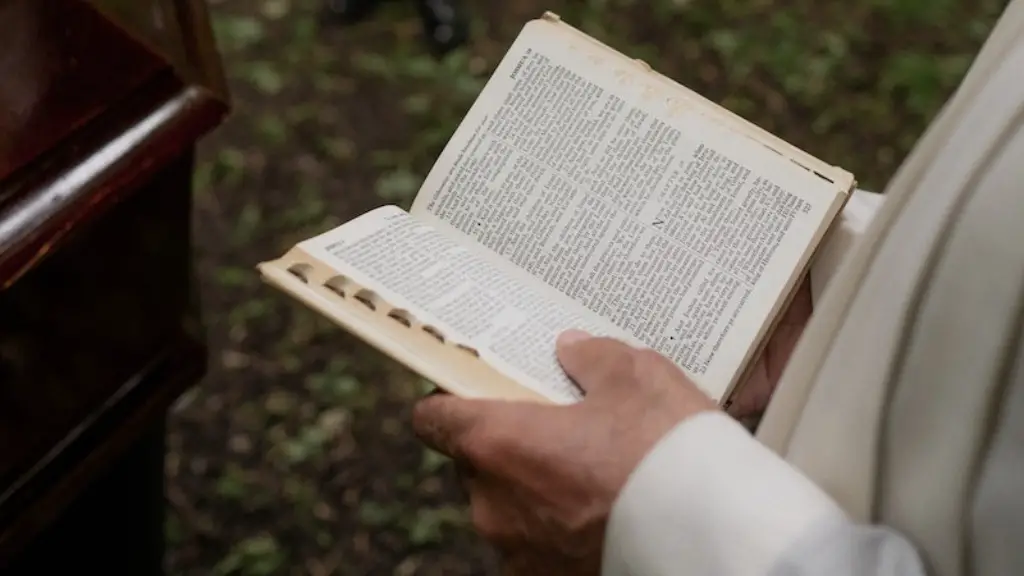Matthias in the New Testament
The name Matthias appears in the New Testament Bible in the book of Acts, which was written by Luke. Matthias was chosen to fill the place left in the fellowship of the disciples due to the traitorous behavior of Judas Iscariot. Matthias was chosen along with Joseph, called by the apostles Barsabbas, to an election to fill the place.
According to the New Testament, after the crucifixion and resurrection of Jesus, the apostles went out and preached and healed. When they met to choose someone to take Judas’ place, they prayed and drew lots. As a result, Matthias was chosen as the one to fill the place left by Judas.
Matthias was with Jesus from the Baptism of Jesus to his ascension. In particular, he was present on the day of Pentecost when the Holy Spirit descended on the disciples and gave them the power to spread the Gospel. In the early church, Matthias was perceived as a great leader who helped the Christian Church to expand and spread the teachings of Jesus.
The role of Matthias was important for the early Christian Church, as the Gospel of Jesus was being spread around the world. Some of the early church fathers even suggested that Matthias brought inspiration to the people by “continuing in all things which Jesus began to do and teach.”
Many scholars also regard Matthias to be a crucial figure in the establishment of the Christian Church. During the early years of the Church, while the apostles were still gathering converts, Matthias was reminding them time after time of the teachings of Jesus, which the apostles had witnessed firsthand. His role was to ensure that those teachings were kept alive and followed in the fledgling church.
Today, however, not much is known about the life of Matthias. The Bible does not elaborate on his life after the election or what other missions or activities he may have taken part in. Still, he is remembered as a brave and faithful disciple of Jesus who helped the early Church to spread the teachings of Jesus.
The Matthias Coptic Church
The Coptic Church of Matthias, also known as the Coptic Orthodox Church of Matthias, was established in the 4th century after the ascension of Jesus and is one of the oldest Coptic churches in the world. Located in Egypt, this church is widely believed to have been founded by Matthias and his disciples. This Coptic Church takes its name from Matthias who is seen as the patron saint of the Church and a symbol of devotion and loyalty.
The Coptic Church of Matthias has an important place in Coptic history and tradition. Its architecture is a reflection of the culture, customs and history of the Coptic people. The church features some of the oldest Coptic frescoes and icons, as well as ancient relics and manuscripts that are still preserved in its walls today.
The Coptic Church of Matthias holds a special place in the hearts of Coptic Christians. For centuries, it has been a source of inspiration and hope for Coptic Christians who have struggled to keep the faith alive throughout the years. Today, it remains an important center of worship and community for Copts throughout the world.
The Coptic Church of Matthias also has a place in the larger Christian community. Many Christians, regardless of their denomination, have come to this Coptic Church in search of knowledge, peace, and spiritual healing. For centuries, it has been a place of refuge for those seeking a deeper understanding of the teachings of Jesus.
The Legacy of Matthias
Matthias is often overlooked when discussing the role of the apostles in the early church. His importance in the growth and spread of Jesus’ teachings and the Coptic Church of Matthias are undeniable. He is remembered for his faithfulness and loyalty to Jesus, and for his willingness to follow him no matter the cost.
In the years since the ascension of Jesus, Matthias has come to symbolize courage and guidance. He is a model of steadfast faith in the face of great opposition. He is a reminder that, no matter what life may bring, it is possible to remain true to our beliefs and to live a life of service and devotion.
Today, Matthias is respected and revered by Coptic Christians as the patron saint of their Church. His life and example continue to inspire and guide them in their journey of faith. Whether in times of great difficulty or in moments of joy and celebration, Matthias is remembered as a great example of faith, courage, and devotion.
The Significance of Matthias in Coptic Christianity
Matthias is an important figure in Coptic Christianity, both historically and spiritually. His life and example are held in high regard in Coptic Churches, whose culture and tradition have been shaped by his presence and actions. Coptic Christians view Matthias as a symbol of faithfulness, courage, and loyalty. He has always been seen as a valuable role model and an inspiration for Coptic Christians in their own spiritual journeys.
Matthias is also a reminder of the importance of following Jesus’ teachings. For Coptic Christians, his life is a reminder of the necessity and value of living a life devoted to Jesus and following his commandments. It is a reminder that, no matter what life may bring, it is possible to remain true to our beliefs and live a life of service and devotion.
The legacy of Matthias has had a profound influence on Coptic Christians. His commitment to the teachings of Jesus and his faithfulness in the midst of great opposition have served as a great source of inspiration for Coptic Christians throughout the centuries. His life and example continue to remind Coptic Christians of the importance of faith and devotion and the value of persevering in their journey of faith.
Matthias’ Message for Today
The significance of Matthias in Coptic Christianity is often overlooked. However, although his story is almost 2,000 years old, it still serves as an inspiring reminder of the power of faith and of the importance of devotion and loyalty to Jesus.
Today, the life and example of Matthias are still relevant to all Christians. He is a model of courage and perseverance in the face of opposition, and his commitment to Jesus and the early Church is an example of a life devoted to service and faith. His unwavering faith in the face of adversity can be a source of inspiration and comfort to anyone on their own journey of faith.
Matthias’ legacy is still alive today in the Coptic Church of Matthias and in the hearts of Coptic Christians. It is a reminder of the importance of faith and devotion and the power of remaining true to one’s beliefs.
Modern Day Tributes to Matthias
In recent years, there has been an increasing awareness and appreciation of Matthias’ life and legacy. A number of Coptic churches have been named in his honour, and there are monuments and statues dedicated to him in many countries. In addition, there have been several books and films produced that tell the story of Matthias’ life and contributions to the Christian Church.
On the Coptic Church of Matthias’ official website, there is a special section dedicated to the life of Matthias. The section features a biography, a timeline of his life, and a virtual museum with artifacts from his life. This is meant to serve as a tribute to Matthias and a reminder of the immense impact he had on the Church for generations to come.
The Coptic Church of Matthias also holds an annual festival in his honour. This festival, known as the Feast of Matthias, takes place every year on May 14th and is attended by Coptic Christians from all corners of the world. This festival is a chance for Coptic Christians to celebrate and honour the life of Matthias and to come together in fellowship and community.
In recent years, more and more people have come to recognize and appreciate the significance of Matthias in the life of the Christian Church. As more people learn about his life and example, it is hoped that his legacy will continue to inspire and guide Christians on their own spiritual journeys.





